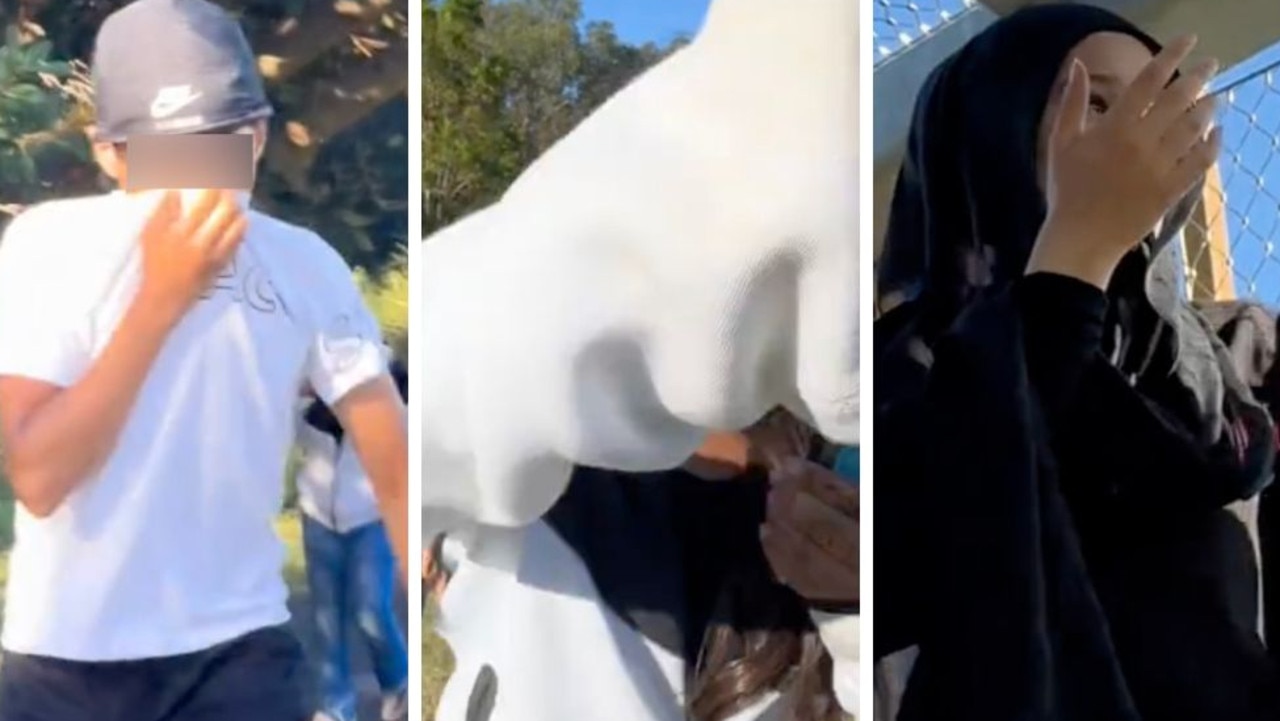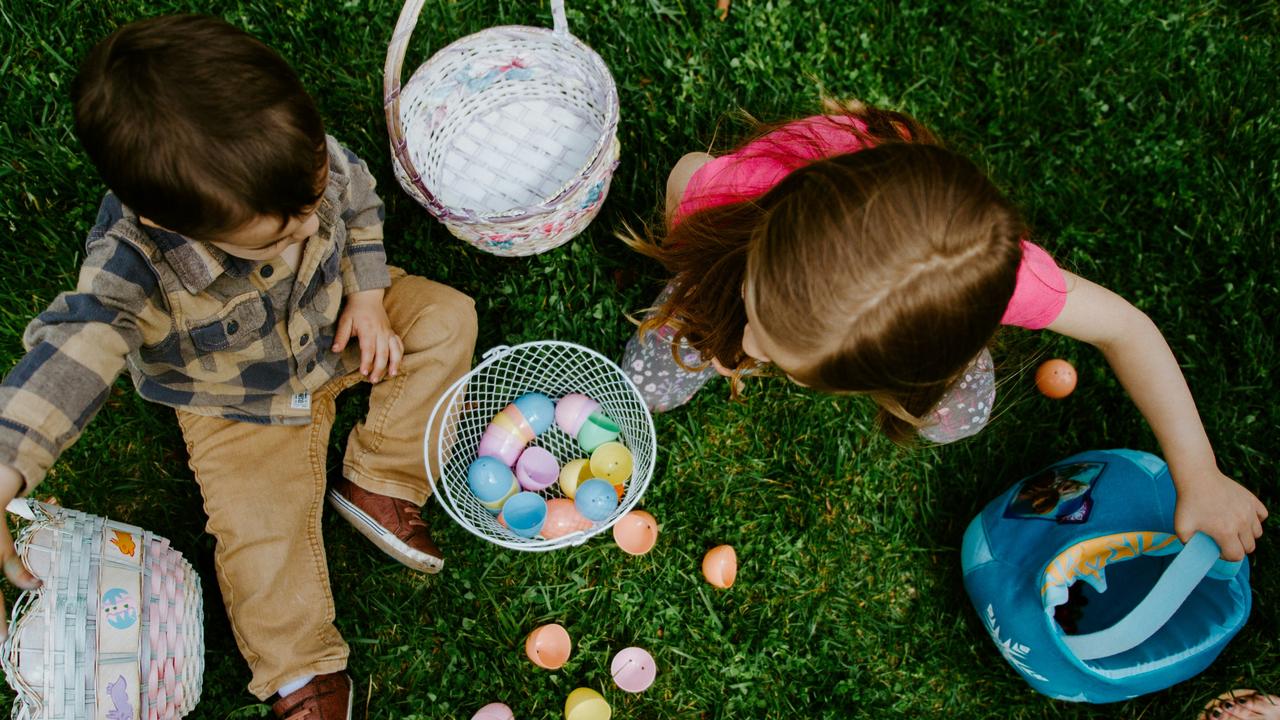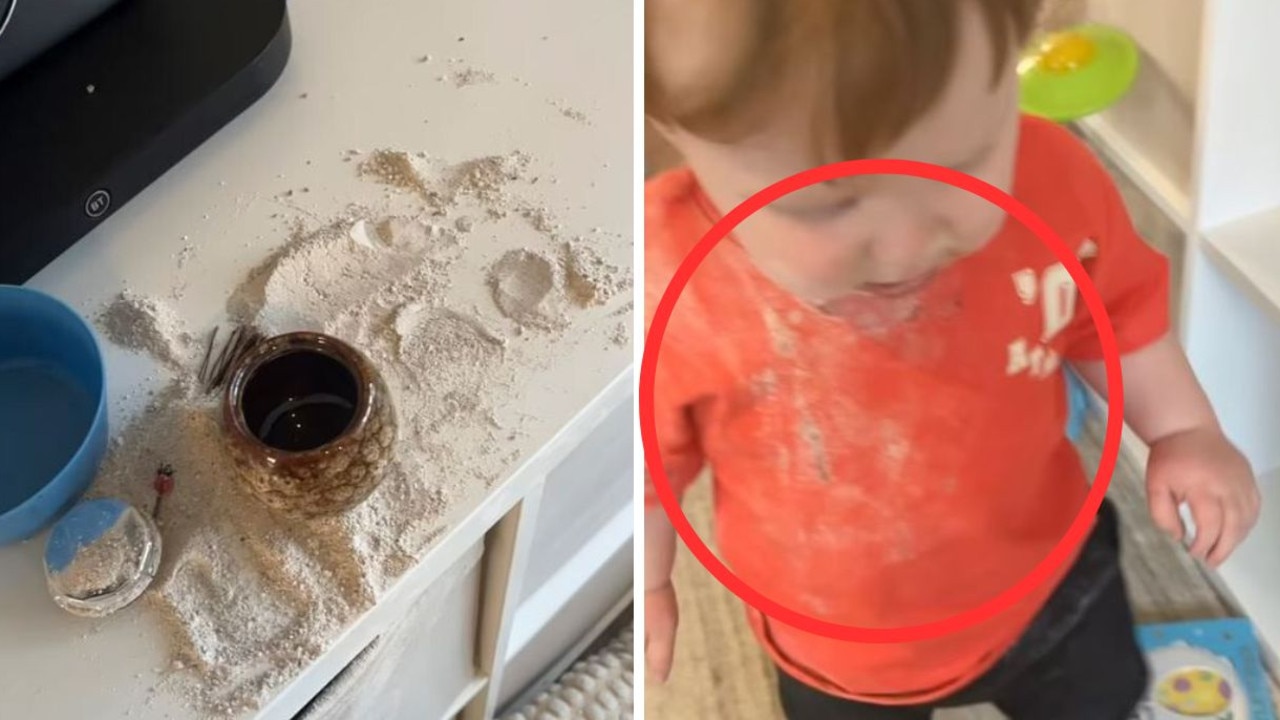The number of Australian kids suffering abuse every single year across the country will chill you
The sight of an empty Suncorp Stadium in the dead of night should send a chill down the spine of every Australian because of the horrifying crisis it represents.
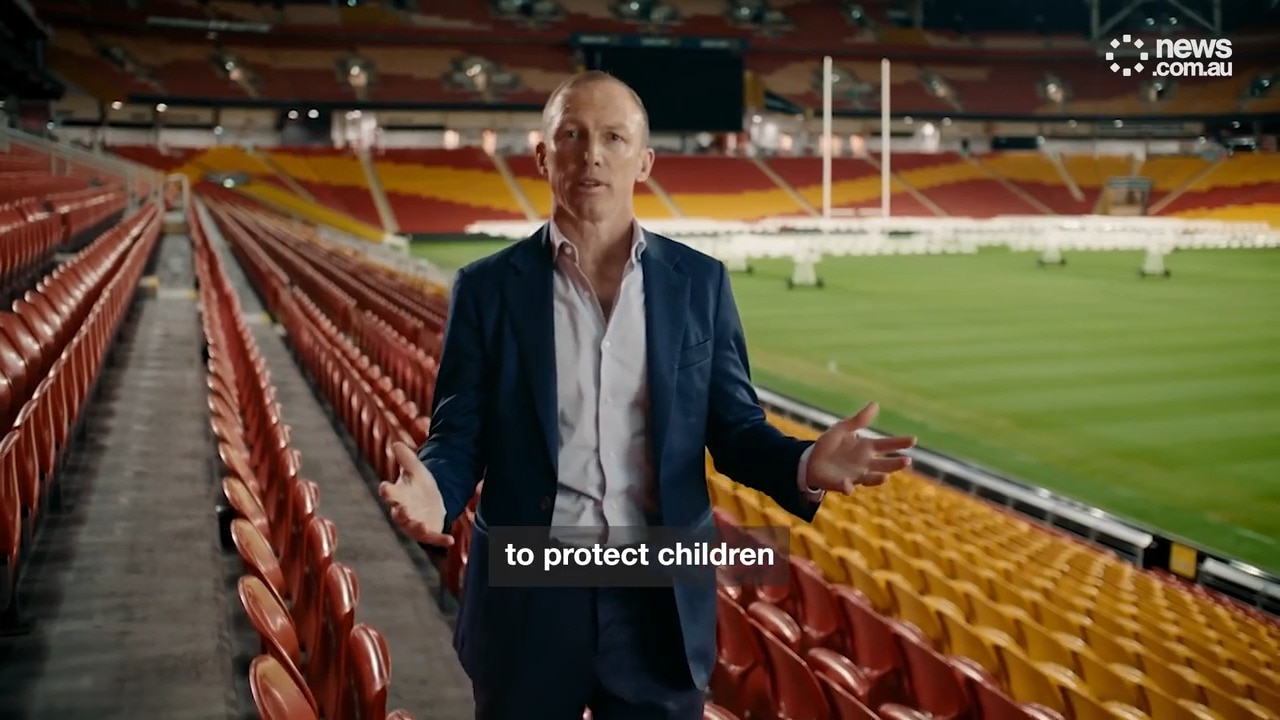
This image of an empty sports stadium in the middle of the night should send shivers down the spine of every Australian.
What all those vacant seats represent is a crisis affecting the most vulnerable in the community, but a horrifying issue that few people are aware of.
Each year, between 45,000 and 50,000 kids across the country are victims of abuse, health data shows, which is enough to fill Brisbane’s hallowed Suncorp Stadium.
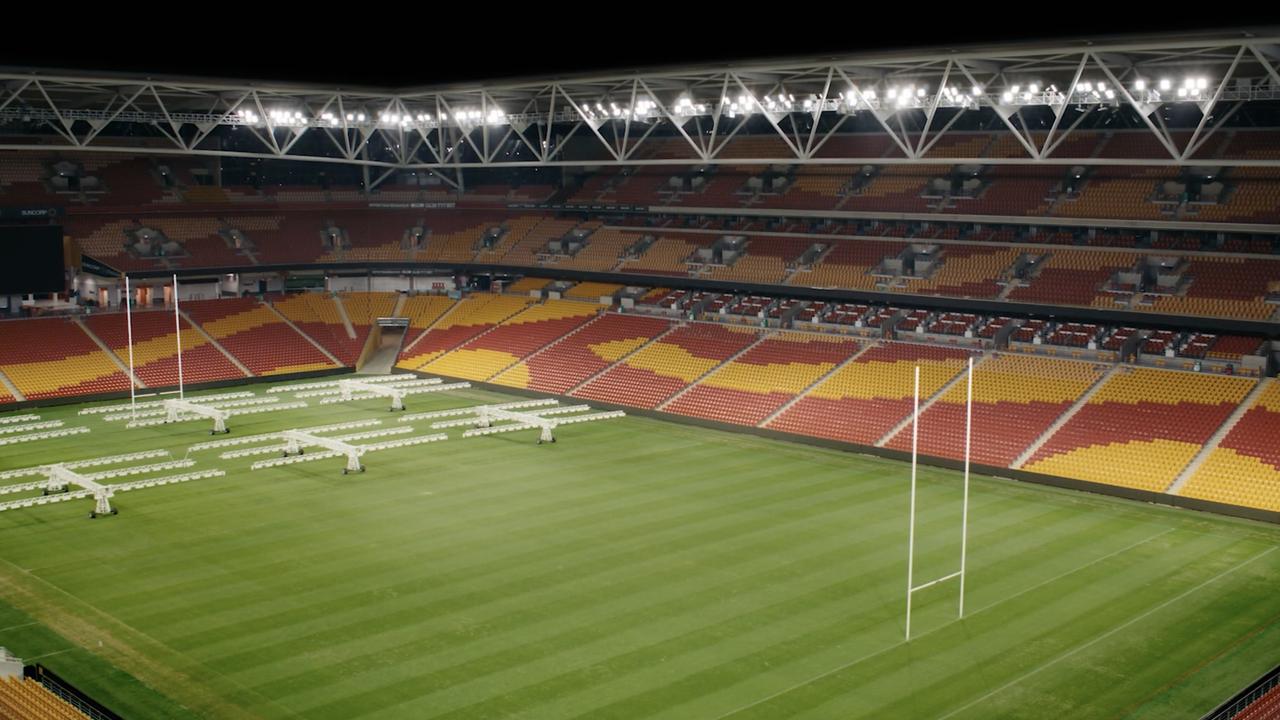
That stark illustration was enough to spur a group of sporting stars and the national not-for-profit Act for Kids to launch a new campaign, Stadium of Hope, where virtual seats can be purchased to help fund the fight against abuse and trauma.
And the organisation certainly has a massive fight on its hands.
The general perception in the community, or perhaps the hope, is that horrors of abuse are something only a minority of children experience.
“But the reality is that we have waiting lists at all of our centres,” Act for Kids chief executive officer Katrina Lines said.
“We saw a particularly sharp increase after Covid, but more recently we’ve seen a real increase in referrals as families struggle with the cost of living crisis and housing pressures. There are levels of need that we’ve never seen before.”
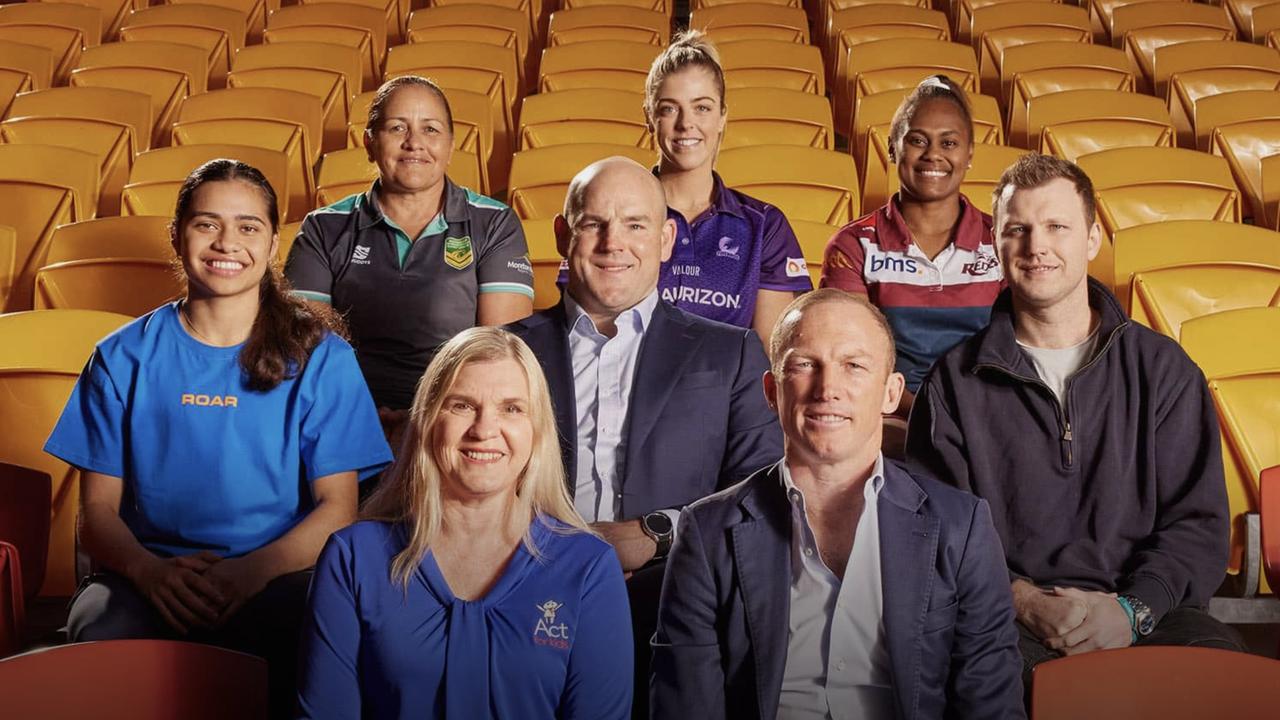
One aspect of abuse that isn’t understood nearly as much as others, like physical and sexual abuse, is the significant impact emotional abuse can take on a young person.
That’s despite the latest Australian Institute of Health and Welfare data for 2022-23 showing that 57 per cent of kids abused in a single year period were primarily subjected to emotional abuse.
And the government research indicates the problem is getting worse over time, now ranking as either the most or second-most prevalent form of abuse that children experience.
“That prompted us to do some research of our own, looking at what Australians actually understand about the issue,” Dr Lines said.
“It found that while the majority of Australians agree that emotional abuse is a really big problem, nine in 10 people underestimate the actual prevalence of it.
“Ninety per cent of people is an enormous number. That prompted us to work to raise awareness about what emotional abuse is and the detrimental impact it can have on kids.”
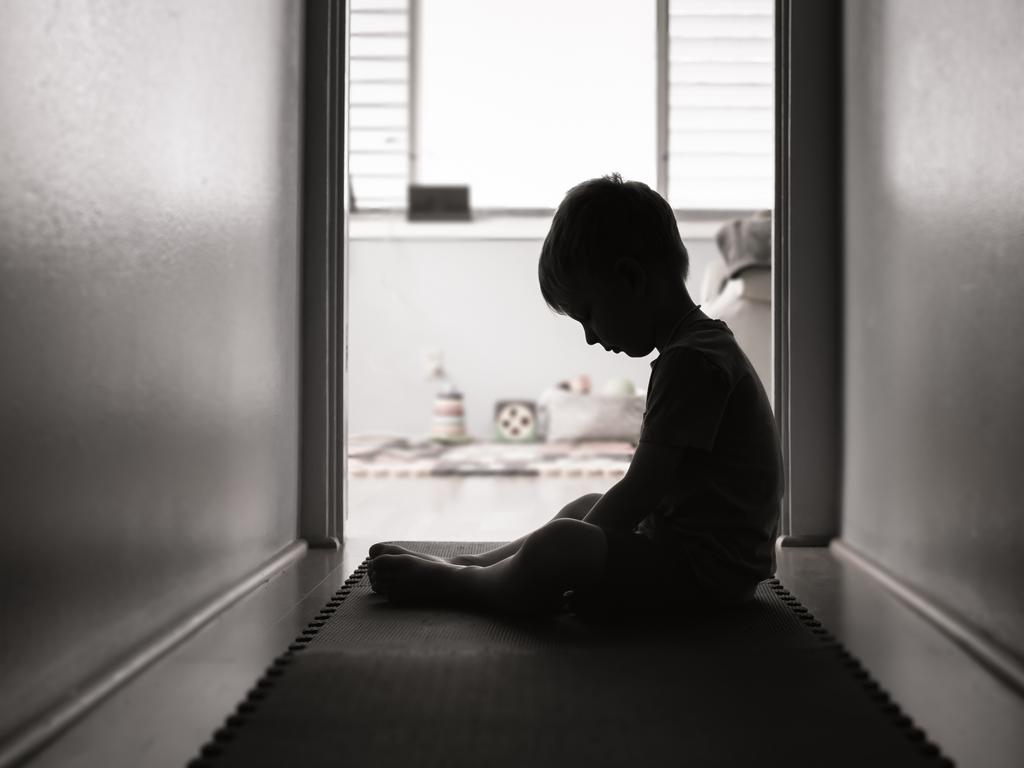
Emotional abuse can be just as damaging as physical or sexual abuse, Dr Lines said, and in some cases leave even deeper scars.
It’s a pattern of destructive behaviour that strikes at the heart of a young person’s self-worth and up-ends their emotional development, she said.
“Young children’s brains develop [best] in nurturing relationships with adults, so the emotional abuse of young children can have profound, lifelong impacts on their mental health and overall wellbeing.”
Jas Rawlinson is only too familiar with that devastating date.
As a child, she and her mother were subjected to emotional abuse and family violence at the hands of her father.
On top of being very controlling, he subjected her to constant belittlement.
“He would tell me I was fat and ugly, he would scream at me constantly, he said I would never amount to anything,” Ms Rawlinson recalled.
“There were constant threats of violence towards my mum. We were constantly walking around on eggshells, waiting for him to explode in a fit of rage. He told me that if they were to ever divorce, it would be my fault.”
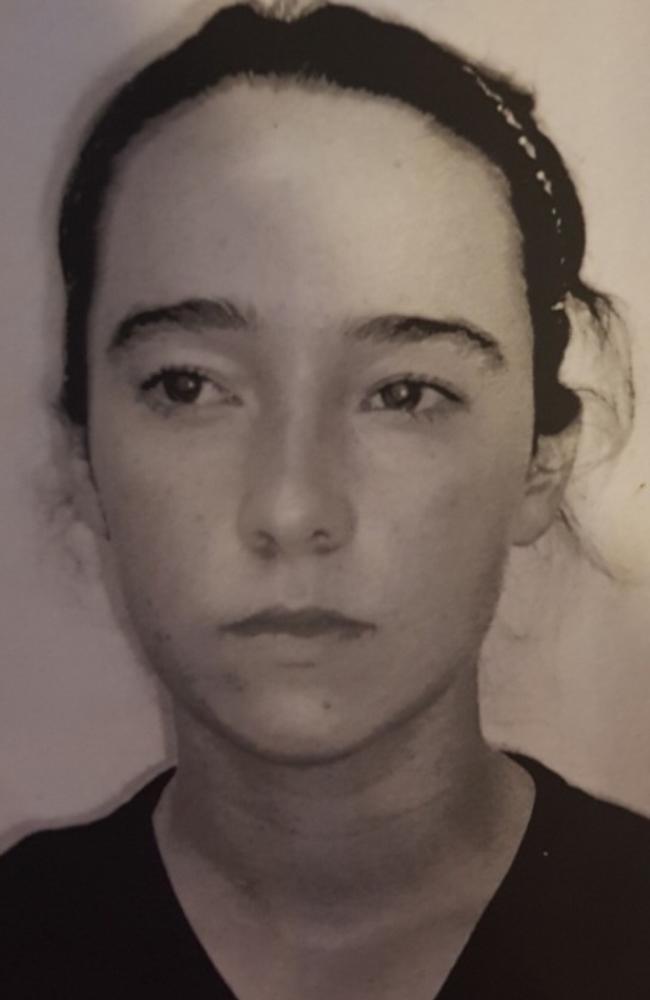
When she was 16, Ms Rawlinson fled with her mum and sibling and spent several months in a safe house.
But with no money and nowhere else to go, they had no choice but to return to her father. He was furious.
“Not long after that, we were driving home from church one day down this narrow and winding road to our house [in regional New South Wales]. We were approaching this little wooden bridge, big enough for only one car to go through, and he slammed his foot on the accelerator.”
As the speedometer hit almost 100 kilometres an hour, he aimed the vehicle directly at the bridge’s support, before veering away at the last second.
“He could’ve killed us,” Ms Rawlinson said. “If there had been another car coming in the other direction, there wouldn’t have been time to stop. We would’ve crashed and died.”
Not long after that incident, when she was 18, her father died.
“There was a huge relief in that moment but also a lot of trauma and a lot of grief as well. Being a young person in a time where it wasn’t really acceptable to have these types of conversations only added to that trauma.
“That experience, as well as my childhood, meant it was a long time before I learned how to create boundaries and healthy relationships. For a good while, I just continued to [mimic] those patterns that I’d learned inside of our house.”
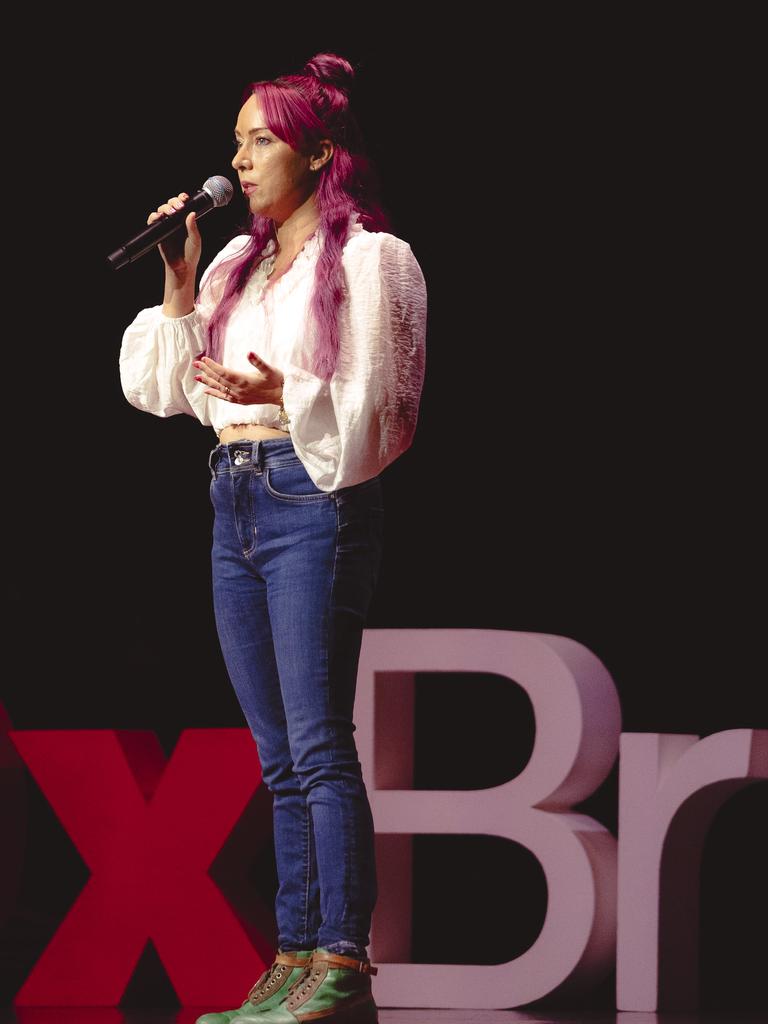
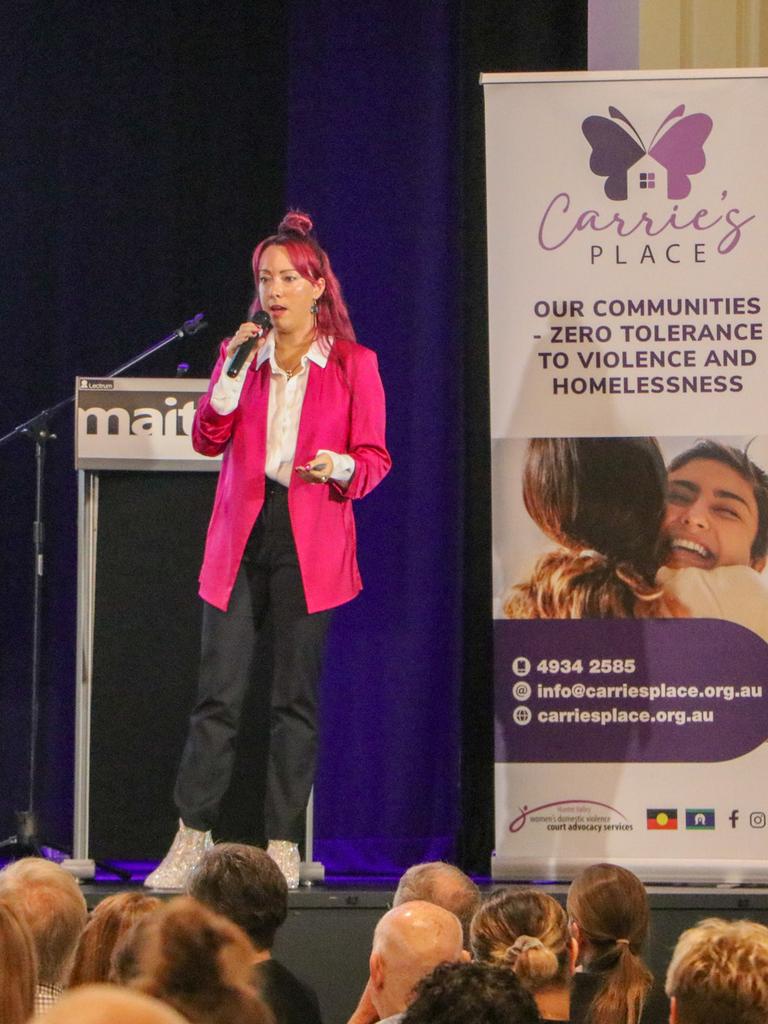
In her early 20s, she hit “rock bottom” and began the slow process of clawing her way out.
“It took a good 10 years, I’d say.”
These days, she’s an award-winning author and speaker, who has developed the Red Flags 101 training program she runs in schools to educate teens, teachers, and community members about the warning signs of toxic and abusive relationships.
Ms Rawlinson is also the mum of a seven-year-old son, who she ensures has “a life that’s completely different to the childhood that I had, and a home where he knows that he’s safe”.
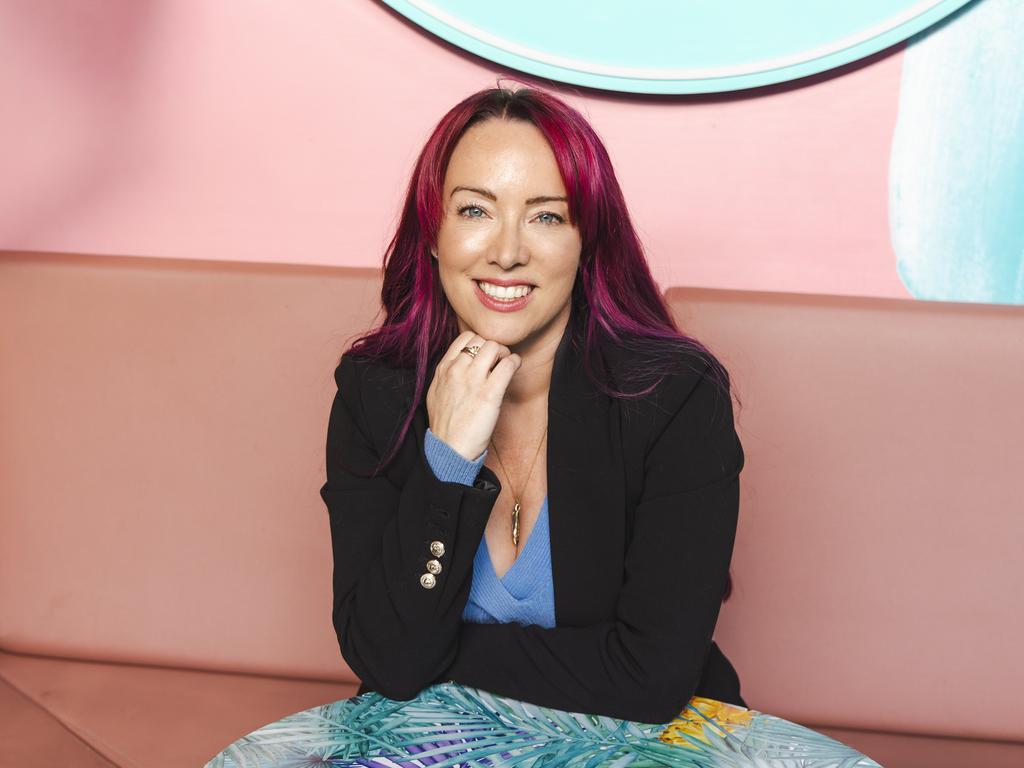
Act for Kids is working to raise awareness of the signs of emotional abuse, which isn’t a case of someone losing their temper as a once-off, Dr Lines said.
“It’s an adult who constantly communicates with children in a way that involves yelling or swearing, insults and criticisms, threats, shaming them in front of other people, or withholding love and affection,” she said.
“Sometimes if other adults are seeing this once or twice, they might just dismiss it as the way that adult disciplines their child or being the result of an adult getting frustrated.
“But if it happens persistently, then it is really very serious for kids.”
The landmark Australian Child Maltreatment Study, released last year, found young people experienced emotional abuse are 2.1 times more likely to attempt suicide as a result.
They are also twice as likely to experience mental health issues, particularly anxiety and depression, as they get older.
“We find that kids suffer in a number of ways,” Dr Lines said.
“They’re disengaged from school, they have trouble getting jobs, they have trouble making friends, they may end up in the youth justice system, particularly if their way of managing what’s happening to them involves acting out. So, the lifelong impacts can be quite profound.”
To coincide with Child Protection Week, Act for Kids has created a learning resource called the Safe Hearts and Minds tip sheet on how to recognise emotional abuse and what to do when they encounter it.
And the Stadium of Hope campaign will see money raised support specialist therapy services across the country.




